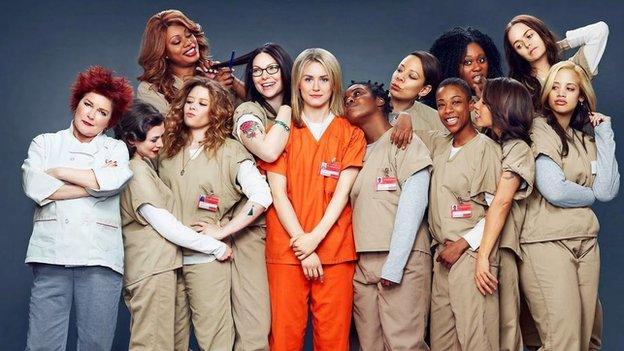Transgender sitcom Boy Meets Girl ushers in new era for TV
- Published
Transgender sitcom 'will raise profile'
"Leo, there's something that I need to tell you." Those are the first words from Judy, one of the main characters in BBC Two's new sitcom Boy Meets Girl.
Judy then informs Leo, her date, that she was born male. Except she puts it even more bluntly than that.
The opening scene of Boy Meets Girl certainly gets straight to the point. And the show, which starts on 3 September, could go down as a landmark series on British TV.
There have been shows with transgender characters before. There have been groundbreaking documentaries.
And in recent years, there have been several American series with transgender themes.
But this is the first UK comedy or drama series with such a major role for a transgender character played by a transgender actor.
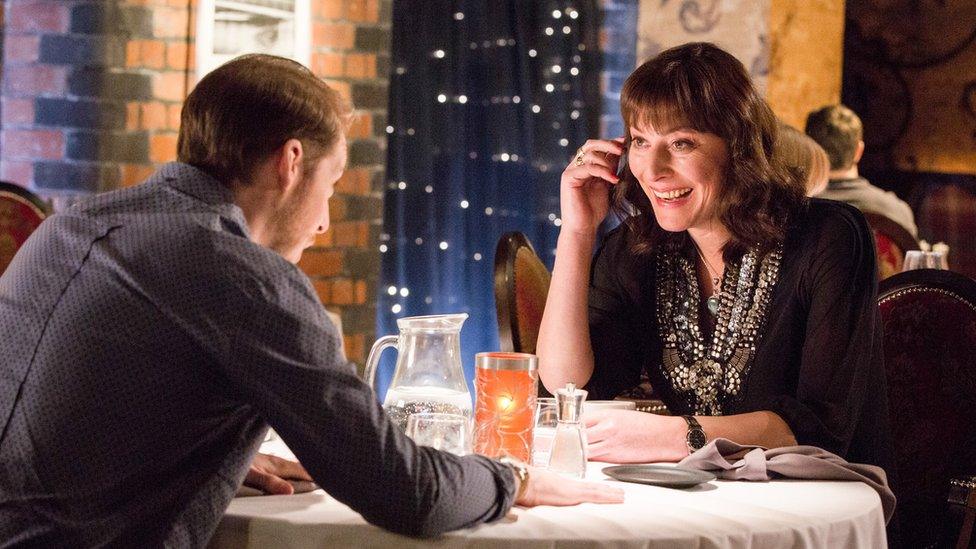
Harry Hepple and Rebecca Root star as Leo and Judy in Boy Meets Girl
Rebecca Root, who plays Judy, says it is a wonderful moment.
"I really believe that it will demystify my community, it will increase the visibility of the trans population," she says.
"In a way it's a shame it's 2015 for goodness sake, and we're only having this conversation now.
"But better late than never," she adds.
'Positive portrayal'
Boy Meets Girl was created by writer Elliott Kerrigan for The Trans Comedy Award, a competition organised by BBC Writersroom and the media education group All About Trans, to find a script offering a positive portrayal of transgender characters.
The transgender thing aside, Boy Meets Girl is a fairly conventional story.
A couple from different backgrounds fall in love and must navigate the obstacles that the relationship throws up - not least their endearingly eccentric families, who provide most of the laughs.
While comedies may have sniggered at "ladyboys" and "sex swaps" in years gone by, Boy Meets Girl makes Judy's past a source of humour - but makes sure she is definitely not the butt of the jokes.
Leo, a pretty average chap from Newcastle, is remarkably unfazed by Judy's revelation.
His sanguine reaction suggests the writers were at pains to avoid the pitfalls of political incorrectness.
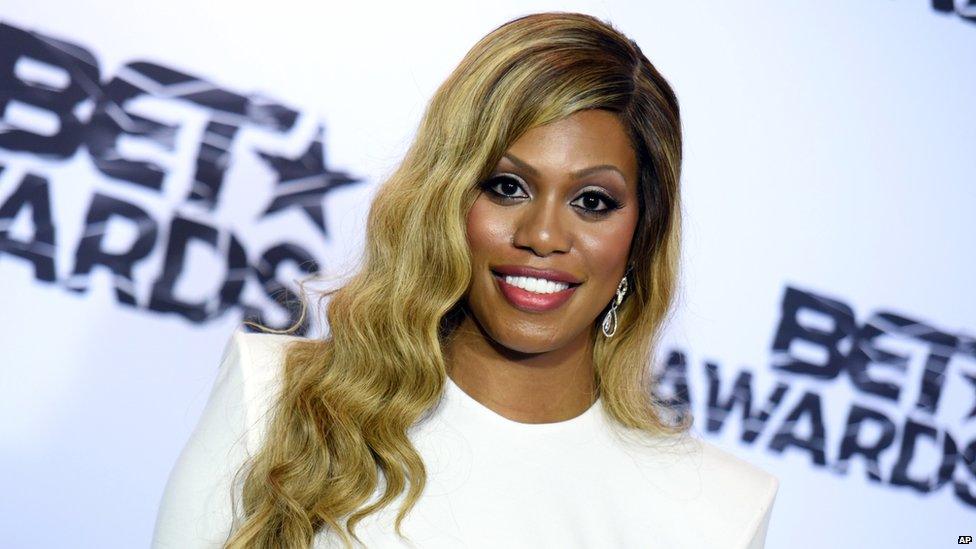
Orange is the New Black star Laverne Cox was on the front of Time magazine last year
Or maybe it is just a reflection of how attitudes have shifted in the past year or two - in both the TV industry and the wider world.
Awards and acclaim
Last year, Time Magazine put actress Laverne Cox, who stars in the Netflix drama Orange is the New Black, on its front cover alongside the headline: "The transgender tipping point."
Cox also became the first transgender performer to be nominated for an Emmy Award, and now even has a waxwork in San Francisco's Madame Tussauds.
Meanwhile, Amazon's Transparent has earned acclaim and two Golden Globe awards for its touching story of a retired professor who starts to live as a woman.
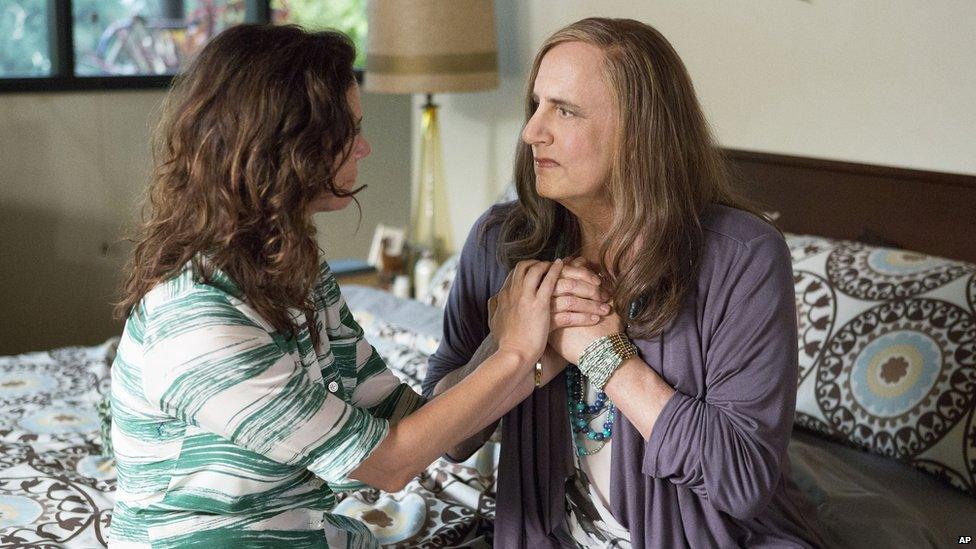
Amazon's Transparent has been nominated for 11 Emmy Awards
I Am Cait, which follows Caitlyn Jenner after her transition from life as Olympic athlete and Kardashian clan patriarch Bruce, began on the E! network in July.
It is 17 years since British TV got its first major transgender character.
But, with Julie Hesmondhalgh playing Hayley Cropper, Coronation Street did not cast a trans performer, as Boy Meets Girl has.
TV industry moves on
Rebecca Root says things have changed since then.
"When that role broke through, yes, the trans population were certainly visible, and to have a major storyline in a major soap was wonderful," she says.
"But the idea of there possibly being an actor who was trans seemed awfully novel.
"Now, I don't think there are loads of transgender actors, but there are loads of people who are trans who want to act and can act and are waiting for their break," she adds.
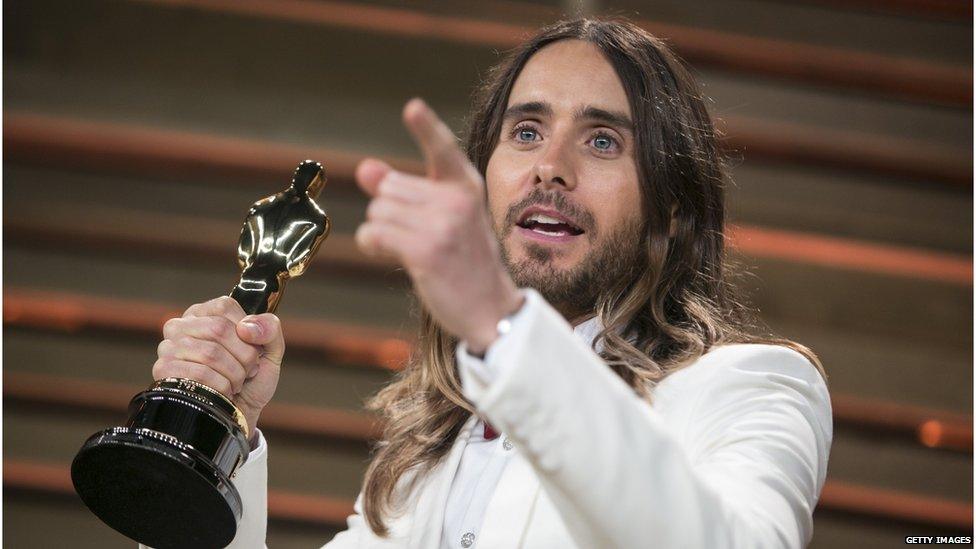
Jared Leto's Oscar-winning performance as Rayon in Dallas Buyer's Club came in for some criticism
Things may have moved on in the TV industry, but Hollywood is still lagging behind.
The film industry still has precious few leading actors who have come out as gay.
The prospect of a film studio giving a major part in a big film to a trans entertainer still seems a long way off.
Dallas Buyers Club was criticised for having Jared Leto's character Rayon addressed as "he", and the choice of Eddie Redmayne to star in the forthcoming The Danish Girl has also caused some consternation.
Fox Fisher, who will front a transgender season on Channel 4 later this year, says The Danish Girl's producers have gone some way to rectifying that by casting trans actors in other roles.
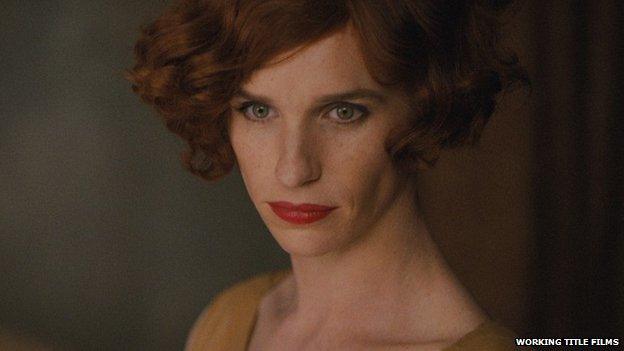
Eddie Redmayne has been tipped for another Oscar for his role in The Danish Girl
"In my opinion it's all helpful stuff," Fisher says.
"If Eddie Redmayne can bring a name to the project and it helps make the film more accessible to people, then I think it's a good thing.
"But it is important to have trans people playing trans roles because it's more authentic that way," he adds.
The next step, Fisher says, will come when trans actors are not confined to playing only trans roles.
- Published3 June 2015
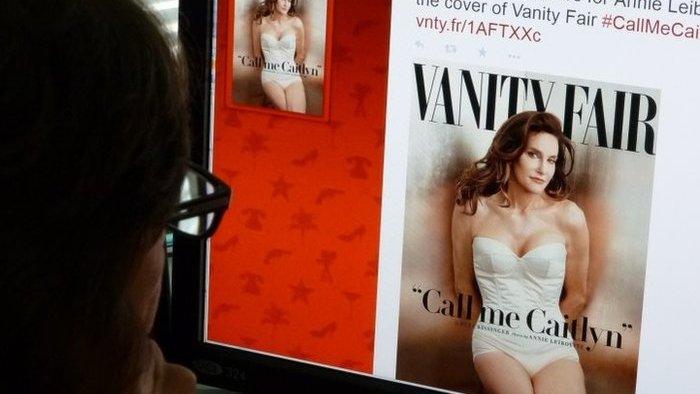
- Published12 January 2015
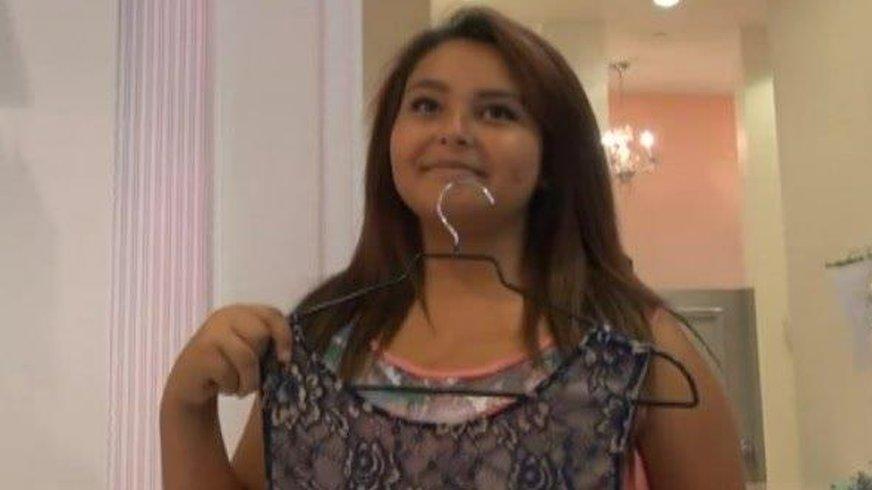
- Published29 September 2014
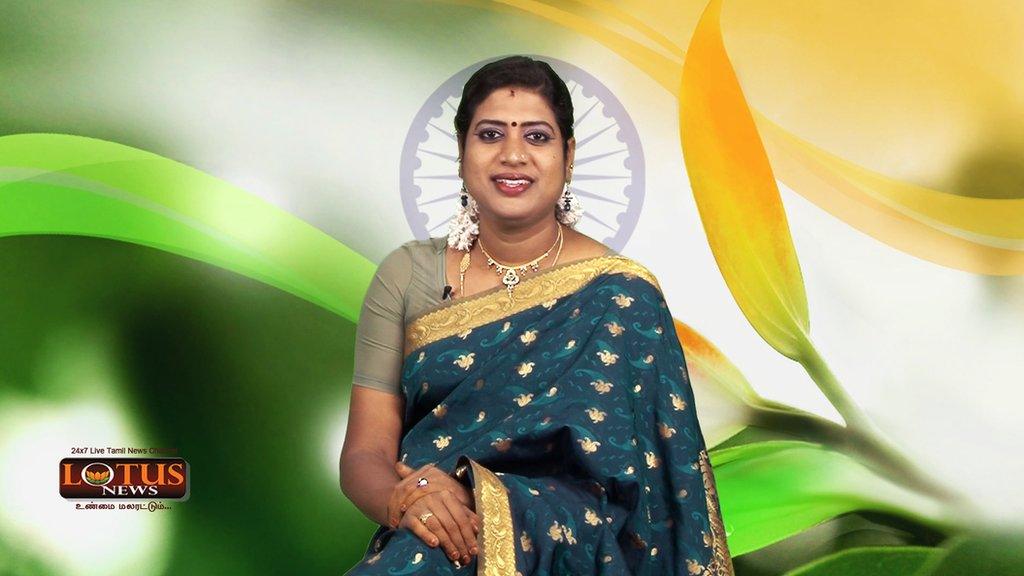
- Published5 June 2014
